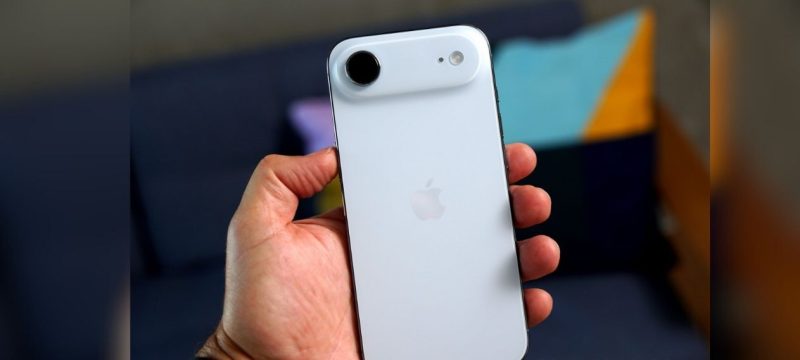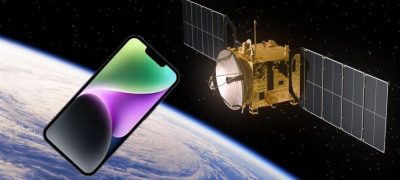Apple’s latest mid-tier smartphone, the iPhone Air, appears to be facing a major setback as reports confirm a steep decline in its production. According to renowned Apple analyst Ming-Chi Kuo, the tech giant is cutting back iPhone Air orders by nearly 80%, signaling one of the company’s most significant product slowdowns in recent years.
Falling Short of Expectations
The iPhone Air, introduced as part of the iPhone 17 lineup, was meant to bridge the gap between Apple’s standard and Pro models. However, it has failed to resonate with buyers, largely due to its lack of standout features and a high price tag of $999, which positioned it awkwardly within Apple’s product ecosystem.
Industry insiders reveal that Apple’s suppliers are scaling back production capacity by over 80% as demand continues to lag. Some component suppliers with longer production lead times have reportedly ceased production entirely, anticipating limited future demand.
Echoes of Past Failures
The iPhone Air’s performance draws comparisons to previous models such as the iPhone mini and iPhone Plus, both of which struggled to establish a strong market presence. Much like those iterations, the Air seems caught between consumer segments — not affordable enough to compete with standard models, nor advanced enough to challenge the Pro variants.
Analyst Ming-Chi Kuo emphasized that Apple’s Pro and standard iPhones already fulfill the needs of most users, leaving little room for an intermediate product. The Air’s sales slowdown reflects this saturation in Apple’s lineup, where consumers are gravitating toward either premium or base-level devices, bypassing the mid-range offering entirely.
Apple’s Flexible Response
Despite the setback, industry experts suggest that Apple’s adaptive supply chain allows it to quickly shift focus toward more profitable models. Historically, Apple has reallocated production resources toward its Pro line when faced with such situations, ensuring maximum revenue from high-demand devices.
Apple’s non-Pro models have occasionally gained momentum after their initial launch phase, but analysts remain skeptical this time. Given the sharp production cuts and diminishing supplier interest, there’s speculation that the iPhone Air might be discontinued altogether if sales fail to improve by early 2026.
Market Implications
This development could mark another lesson in Apple’s ongoing effort to diversify its lineup without cannibalizing existing products. The company’s ability to balance innovation, pricing, and differentiation remains crucial as competition intensifies from brands like Samsung, Xiaomi, and Google.
For now, the iPhone Air’s disappointing performance serves as a reminder that even a company as dominant as Apple isn’t immune to market miscalculations — especially when consumers demand clear value and innovation at every price point.
In other news also read about The Wait Is Over: Apple Retail Store Finally Coming to Pakistan by End of 2025









